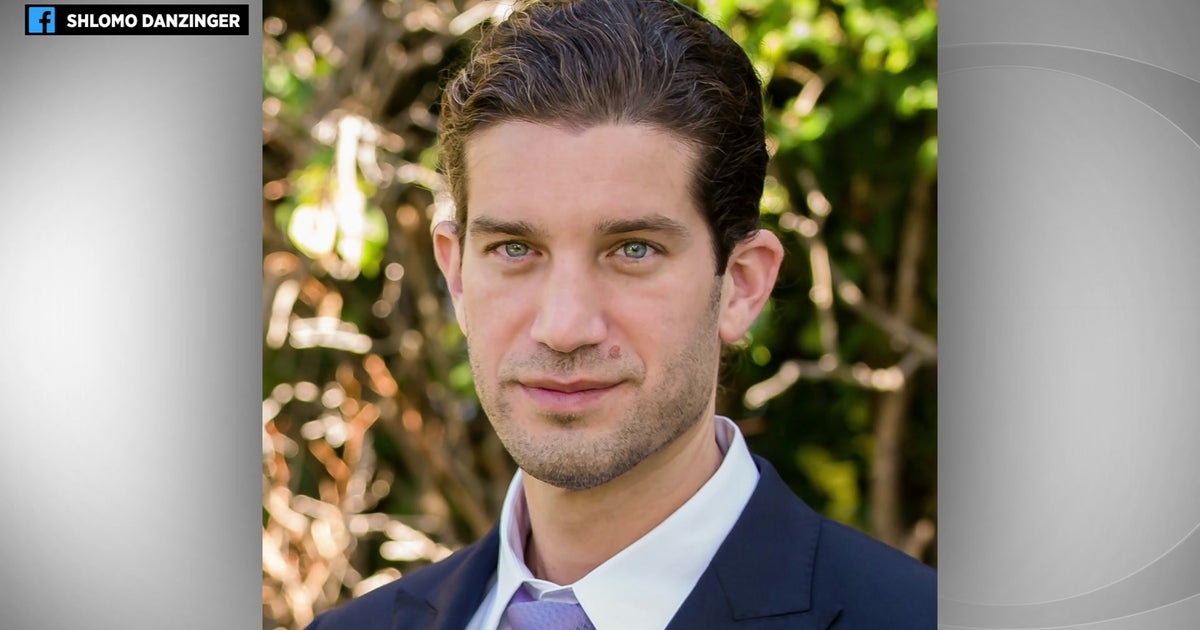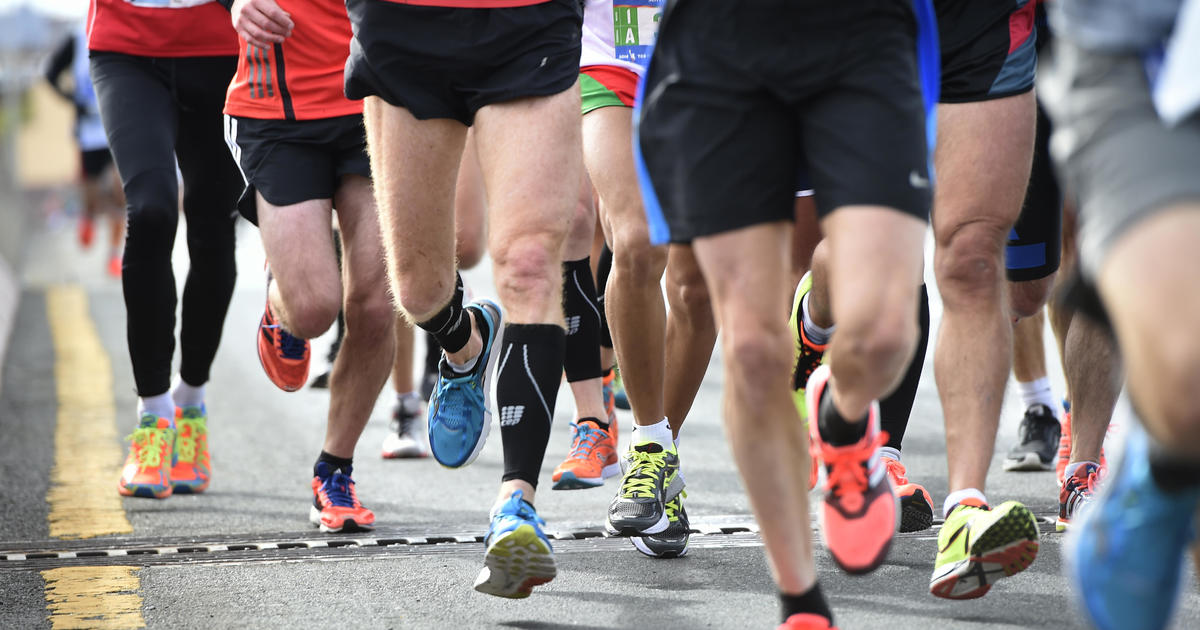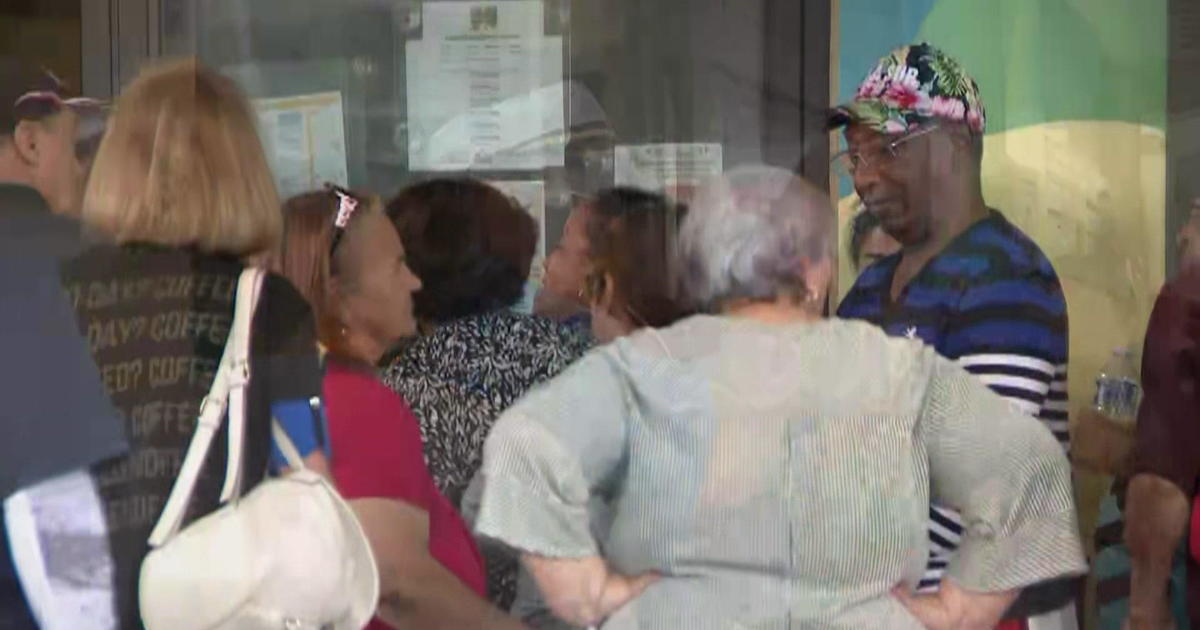Obama's Fundraising Outpacing GOP Rivals
MIAMI (CBSMiami) – President Barack Obama's speech at the University of Miami Thursday serves as only part of the reason he's coming to South Florida. The other part is to continue trying to raise as much money as possible for his re-election campaign.
President Obama will make three fundraising appearances Thursday, two in South Florida and one reportedly in Orlando at the home of NBA player Vince Carter.
For the cheap seats at the Biltmore Hotel fundraiser, supporters paid $500.
The second fundraiser of the evening at a private home in Pinecrest had 100 people shell out $15,000 per person to get in, meaning Team Obama walked out with a cool $1.5 million from just the attendance.
For Obama, fundraising has been one of the easiest things he's done as president.
Obama has raised just less than $140 million for his re-election campaign thus far. Out of that amount, 41.9 percent have been small contributions of less than $200.
Currently, Obama has $81.7 million cash on hand to use for his reelection.
His closest competitor in the Republican field is Mitt Romney, who has raised $57 million. Most of Romney's contributions have been major donations as only 9.2 percent of his fundraising has come from people giving less than $200.
Romney has just less than $20 million cash on hand should he win the Republican nomination to face President Obama in the fall general election.
But, Republicans haven't rallied around Romney. This is evident because the candidate who has raised the least amount of money thus far, Rick Santorum, is currently leading Romney across the nation and in several key battleground states.
Santorum has raised just $2.1 million and has just $278,935 cash on hand, according to numbers from the Federal Election Commission.
Breaking the numbers down further, President Obama raised $11 million in January compared to Romney's $6.5 million and Santorum's $4.5 million.
The problem for Santorum is he also paid out $3.3 million in January as well.
Where things swing more to the advantage of Republican candidates is the so-called Super PACs, political action committees, that can raise unlimited money from corporations, unions, associations and individuals.
But the Super PAC's are not without a large degree of controversy.
"Corporations shouldn't be able to buy out an election," said Tatiana Amaya.
Super PACs have reported spending a total of $130 million in the 2012 presidential campaign, according to opensecrets.org.
The Super PAC "Restore Our Future," which supports Mitt Romney has been the biggest spender. After raising $36 million thus far, the Super PAC has spent $24.6 million trying to help Romney win the nomination.
"Wealthy individuals and corporations and special interests always had some say, but now it's become a free-for-all and I think the fear of the voice of the individual is going to be less important," said associate law professor Jose Gabilondo at Florida International University.
Restore our Future's Super PAC spending is nearly double that of the nearest competitor, Newt Gingrich. The Super PAC "Winning Our Future" has raised $13 million and spent $12.5 million supporting Gingrich's GOP bid for the Republican nomination.
Rick Santorum's Super PAC supporter, "Red, White, & Blue" has raised $2.8 million and spent $3.5 million trying to bolster Santorum's run. Finally, President Obama's Super PAC, Priorities USA Action, has raised $4.45 million and spent just $611,000.
Of the top 10 Super PACs, just two, House Majority PAC and Obama's Super PAC are considered to have liberal ideologies.
The rest support either a Republican candidate or GOP ideas, such as Karl Rove's Super PAC American Crossroads and Freedomworks For America, which bankrolled the tea party movement.
But, technically the candidates don't control the Super PACS, even though some would argue that point. With the candidates not in control, it means the Super PACS could swing the election in the end.
"Why that's a fear for some people is this idea that Super PAC money is going to come from a small handful of very influential constituencies and their interests certainly reflect their industrial interests but not reflect the broader interests of the electorate," professor Gabilondo said.



